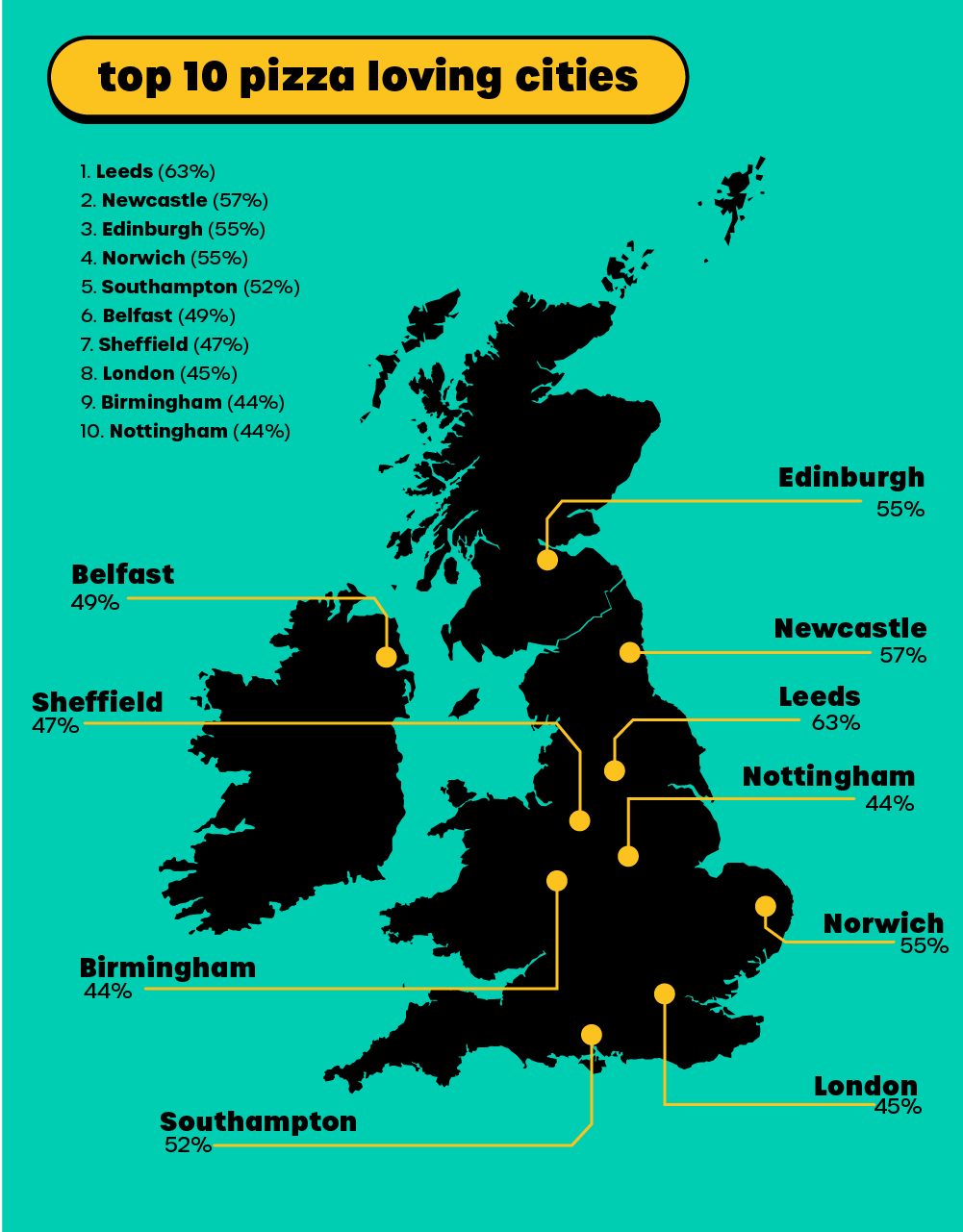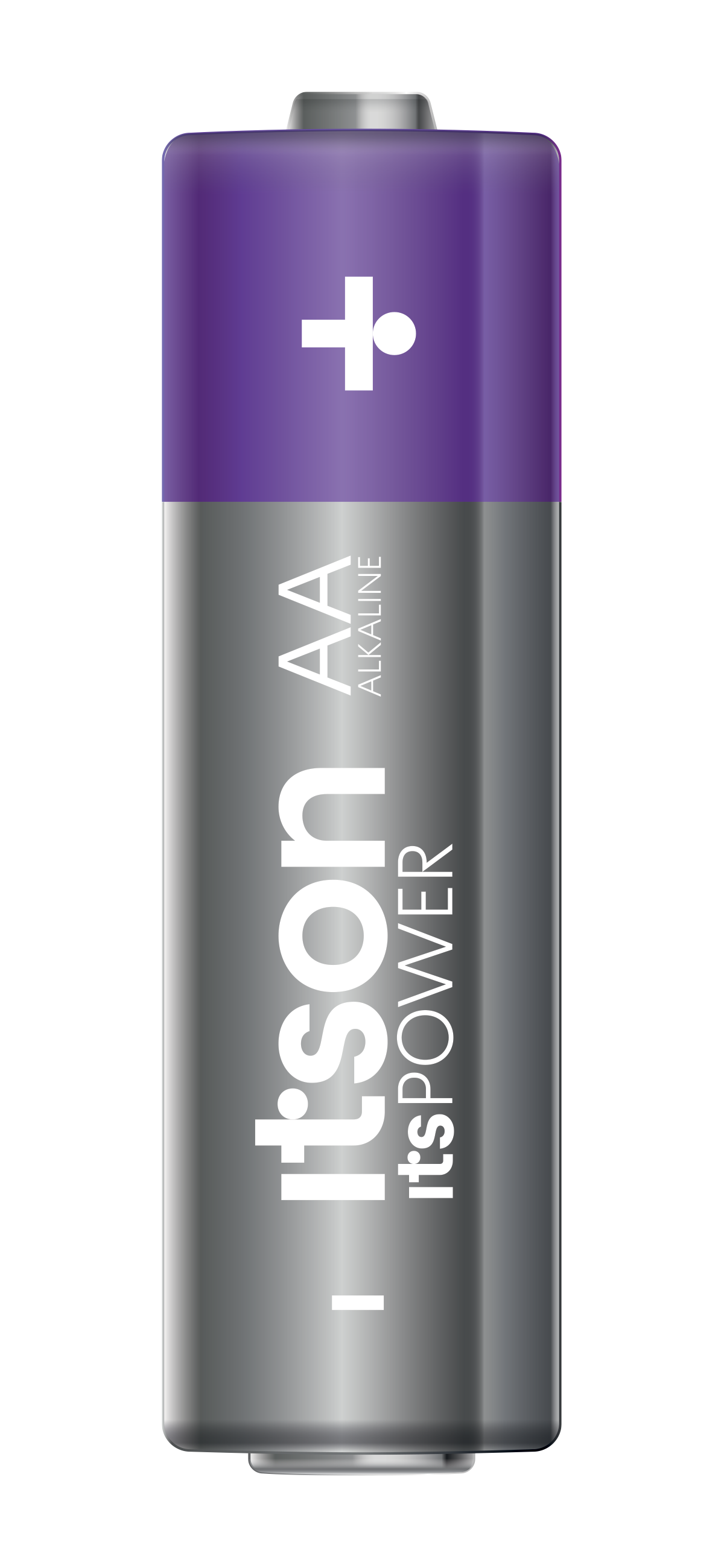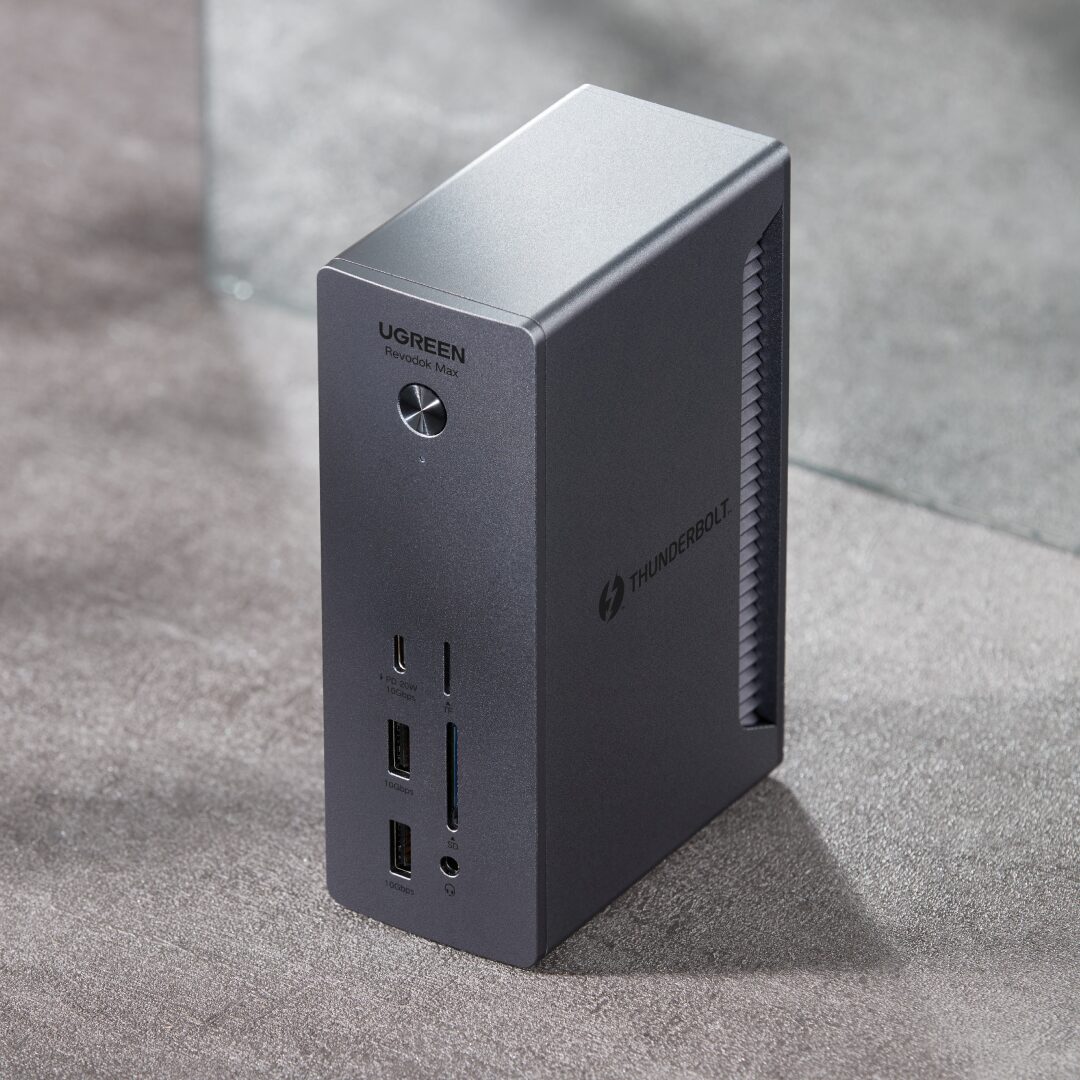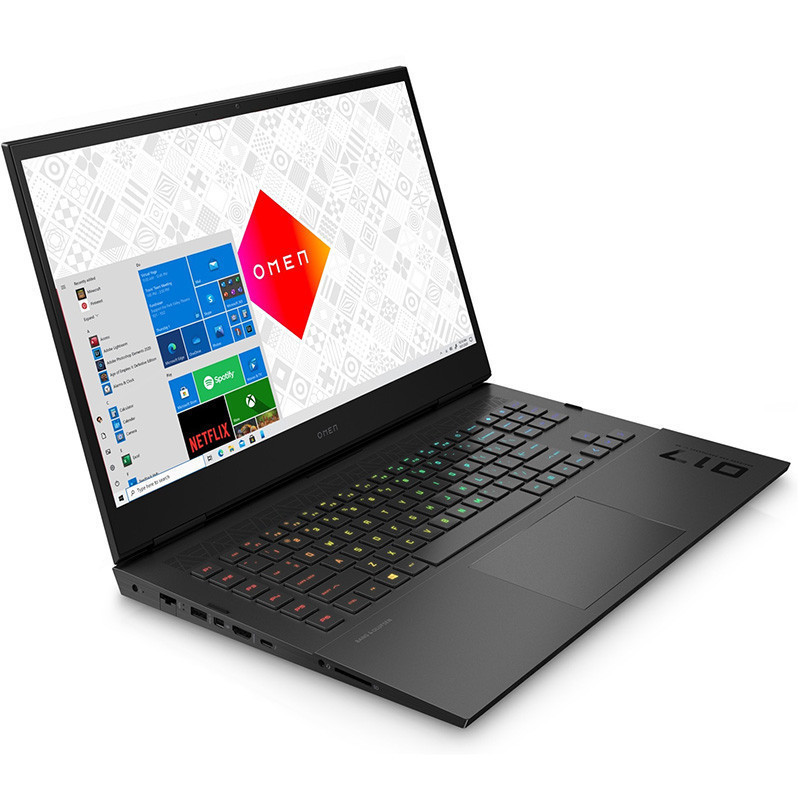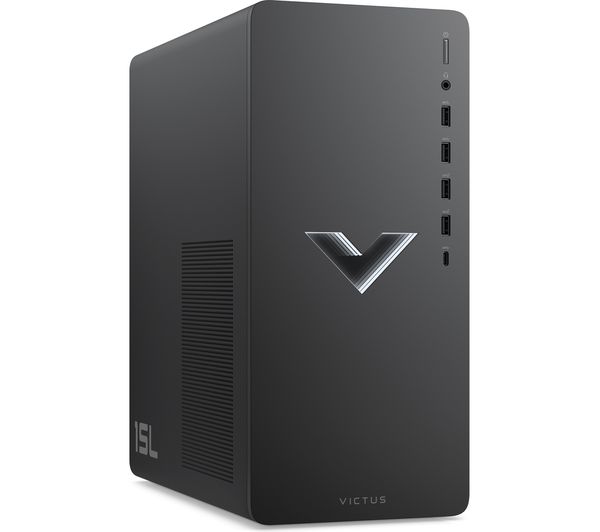The primary benefit of using a VPN is improved security and privacy. By encrypting data sent over public networks, such as Wi-Fi hotspots, the risk of having sensitive information intercepted by unauthorized parties is greatly reduced. Additionally, since a VPN masks the user’s IP address it prevents anyone from tracking their online activities or accessing their data without permission. Furthermore, with a VPN in place any websites visited and files downloaded remain hidden from the view of an ISP as well as government organizations and employers – ensuring complete anonymity when surfing the web.
Other benefits of using a VPN include bypassing geographical restrictions on certain content (e. g streaming services), accessing faster speeds due to servers being located close to where you are physically located, increased reliability due to redundancy (multiple servers), and improved performance while gaming online due to reduced lag times caused by the distance between players and servers. Additionally, some businesses utilise VPNs for secure remote access so that employees can securely connect to corporate networks no matter where they are based geographically which improves productivity significantly.
How does a VPN protect against viruses?
A Virtual Private Network (VPN) provides an extra layer of security when browsing the internet. The encryption used by a VPN scrambles data sent between your device and the network, making it harder for viruses or other malicious software to access your information and infect your computer. By routing all traffic through a secure tunnel, any malware or suspicious websites are blocked before they can reach you — protecting you from potential threats without needing additional anti-virus software. Additionally, since a VPN masks your IP address it prevents anyone from tracking your online activities or accessing personal data without permission; this ensures that even if someone manages to bypass the encryption they still won’t be able to identify who is using the connection.
In addition to preventing viruses and malware, using a VPN also helps protect against phishing attacks which try to trick users into revealing sensitive information such as passwords and credit card details. When connected through a VPN server all web requests are routed via that server instead of directly connecting with websites – meaning any attempts at spoofing sites will be blocked before reaching the user’s device. Furthermore, many VPNs offer built-in protection against DNS leaks which occur when certain programs override system settings to access restricted content; this further protects users from being exposed while surfing online.
Is there any downside to using a VPN?
Although there are many benefits to using a VPN, there can also be some downsides. For one, the encryption used by most VPNs will slow down your internet connection speed as data is re-routed and encrypted before it reaches you. This can be especially noticeable when streaming video from services such as Netflix or YouTube. Additionally, while free VPNs may seem like an attractive option they usually come with limited features and often offer slower speeds than their paid counterparts – meaning the user experience may suffer if relying on these services for more complex tasks such as gaming or downloading large files.
Another potential downside of using a VPN is that not all websites support them; this means that certain sites may not work properly or at all when connected through a virtual private network. Furthermore, depending on which country you are connecting from (or to) certain activities including torrenting could be illegal so users should take extra precautions when selecting servers to avoid any fines or other legal action being taken against them. Finally, although rare malicious third parties may have managed to gain access to certain servers resulting in compromised security; this is why users need to do research into different providers before deciding which service best suits their needs.
How can I get a VPN?
Getting a VPN is relatively easy and depending on the service you choose, there are several options available. Most paid VPNs offer monthly or yearly subscription plans that can be purchased directly from their website – with many services offering discounts if signing up for multiple years upfront. These subscriptions will usually come with access to all of the features offered by the provider such as unlimited bandwidth, connection speed optimization and so forth. Additionally, many providers also offer free trials that allow users to experience the product before committing to a longer-term plan; this can be especially useful for those who just want short-term access or need anonymity while travelling abroad.
For those looking for more customised solutions (e. g businesses), there are also numerous companies that specialise in providing tailored products designed to meet specific needs such as dedicated IPs, remote access through virtual private networks and so forth. Many of these firms provide packages tailored specifically towards corporate requirements with extra support services like installation guidance and technical assistance included in the price – making them an ideal choice for organisations looking for bespoke solutions without breaking their budget.
A VPN is an important tool for online security and privacy that can help protect your online activity from unwanted viruses, hackers, and intrusions. It provides benefits like protecting your activity from prying eyes, hiding your true location from websites, and providing encrypted connections to shared networks. The downsides include potential speed reductions in some cases depending on your connection type as well as some restrictions in access with certain sites capping the number of simultaneous connections you can make with a single account. Ultimately, using a VPN helps to ensure that you have full control over activities happening on the internet so it’s worth considering investing in one of the many different services available today.











